Resources
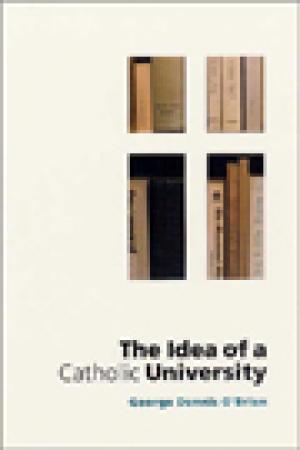
George Bernard Shaw thought that a Catholic university was a contradiction in terms--"university" represents intellectual freedom and "Catholic" represents dogmatic belief. Scholars, university administrators, and even the Vatican have staked out positions debating Shaw's observation. In this refreshing book, George Dennis O'Brien argues that contradiction arises both from the secular university's limited concept of academic freedom and the church's defective notion of dogma. Truth is a central concept for both university and church, and O'Brien's book is built on the idea that there are different areas of truth--scientific, artistic, and religious--each with its own proper warrant and "method." In this light, he argues that one can reverse Shaw's comparison and uncover academic dogma and Christian freedom, university "infallibility" and dogmatic "fallibility." Drawing on theology and the history of philosophy, O'Brien shows how religious truth relates to the work of a Catholic university. He then turns to the current controversies over Pope John Paul II's recent statement, Ex Corde Ecclesiae, which seeks to make Catholic universities conform to the church's official teaching office. O'Brien rejects the conventional "institutional-juridical" model used by the Vatican as improper both to faith and academic freedom. He argues for a "sacramental" model, one that respects the different kinds of "truth"--thus preserving the integrity of both church and university while making their combination in a Catholic university not only possible but desirable. O'Brien concludes with a practical consideration of how the ideal Catholic university might be expressed in the actual life of the contemporary curriculum and extracurriculum. For anyone concerned about the place of religion in higher education, The Idea of a Catholic University will be essential reading. (From the Publisher)
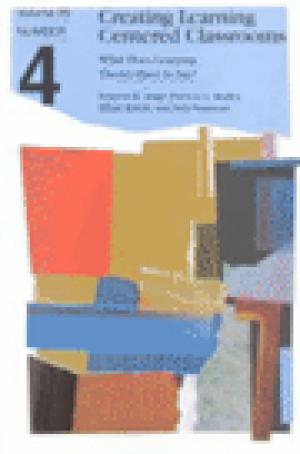
Reviews research and theories on college student learning. Examines attribution theory, self-efficacy in students, social constructivism, and Freire's theory of conscientization. Also explores theories that support or refute popular assumptions about college classrooms. (From the Publisher)
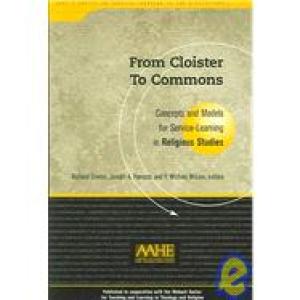
This volume, like its series companions, goes beyond simple "how-to" to discuss the implementation of service-learning within religious studies and what that discipline contributes to the pedagogy of service learning. The volume contains both theoretical and pedagogical essays by scholar-teachers in religious studies education, plus a resource guide. (From the Publisher)
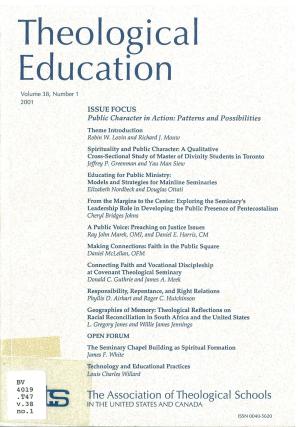
Journal Issue. Full text is available online.
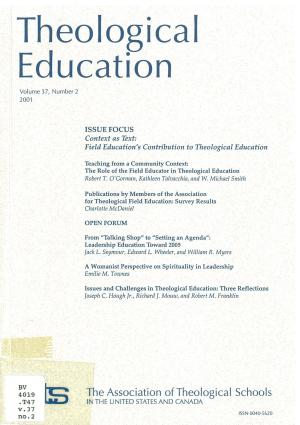
Journal Issue. Full text is available online.

The Bible tells of Naaman the Syrian, who entered the Jordan River to be cleansed. Comparing the affliction of racism to Naaman's illness, Enter the River by Jody Miller Shearer invites readers into their own healing. He explores definitions of prejudice and racism, the different effects of racism on white persons and people of color, affirmative action, and many other issues. The accessible presentation provides a strong foundation for study and action. (From the Publisher)
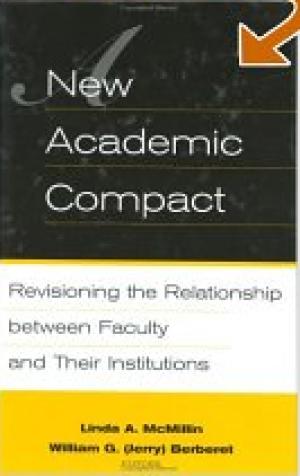
Highlighting the Associated New American Colleges' Faculty Work Project, this volume examines the call for redefining faculty roles and institutional relationships. Believing that in order to serve students successfully colleges must invest in faculty effectiveness, the overriding goal of the project has been to lay the conceptual groundwork for bringing an institution's faculty policies and practices and the actual work patterns of faculty into alignment with the institutional mission. (From the Publisher)
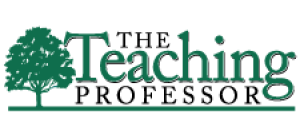
Journal Issue.
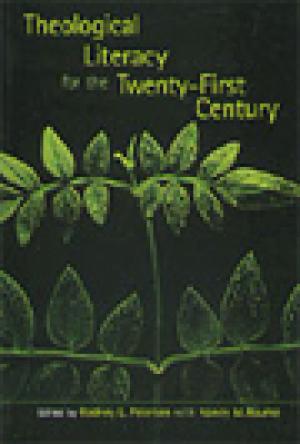
What constitutes theological literacy in the new millennium? Scholars such as Elisabeth Schssler Fiorenza and David Tracy discuss this weighty question in Theological Literacy for the Twenty-First Century, a heavy but thoughtful collection of essays. The book's most helpful aspect is its diversity of Christian traditions: there are discussions of evangelical, Orthodox, Catholic and mainline Protestant views here, and contributors also weigh in about Hispanic, African-American and feminist hermeneutics. The essayists' understanding of what is required for theological literacy may be a bit inflated (how many people in the pews spout five-gallon words such as "postcoloniality" or "grandiloquent"?), but academics will appreciate the collection's depth and currency. (From the Publisher)